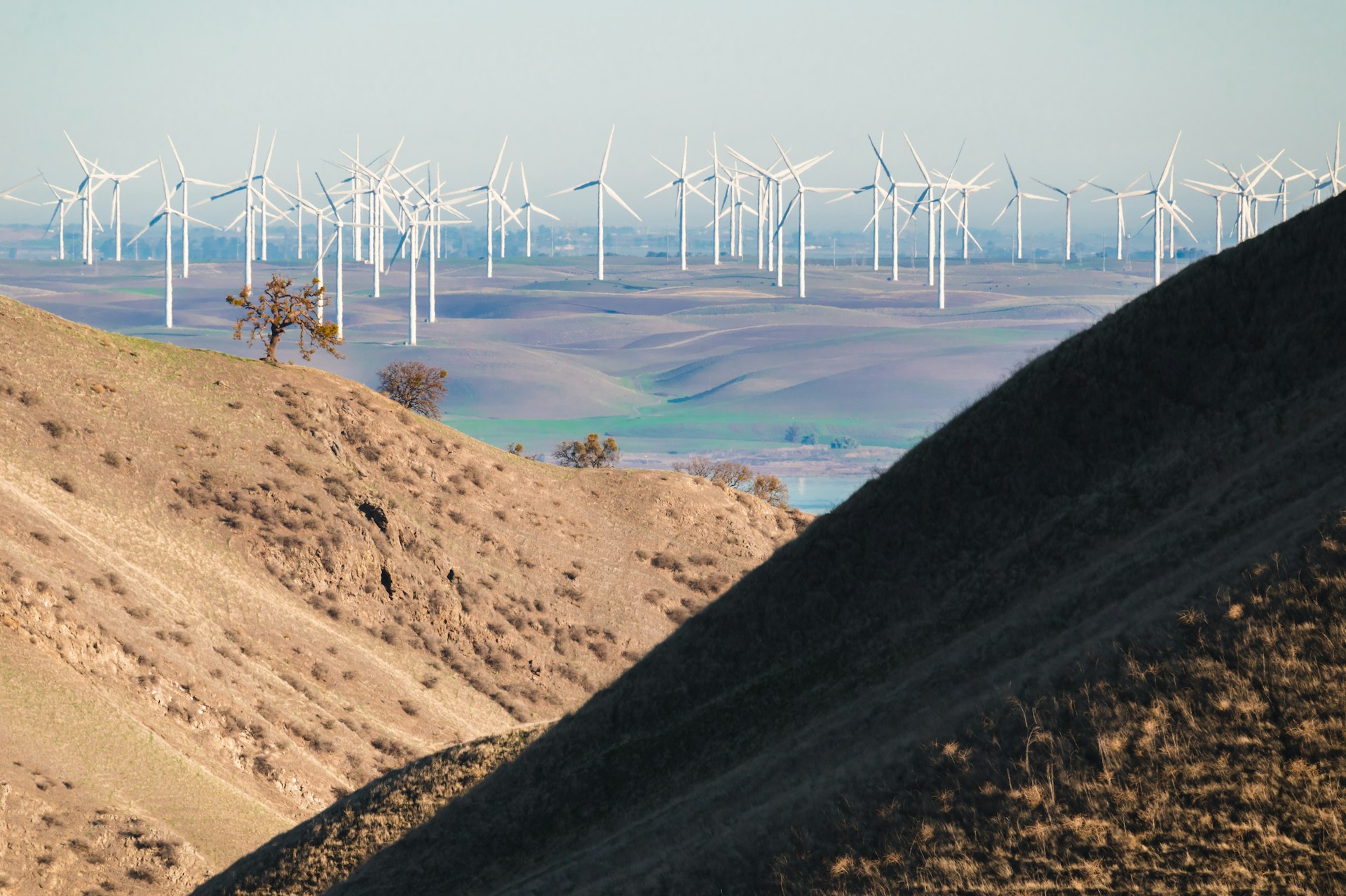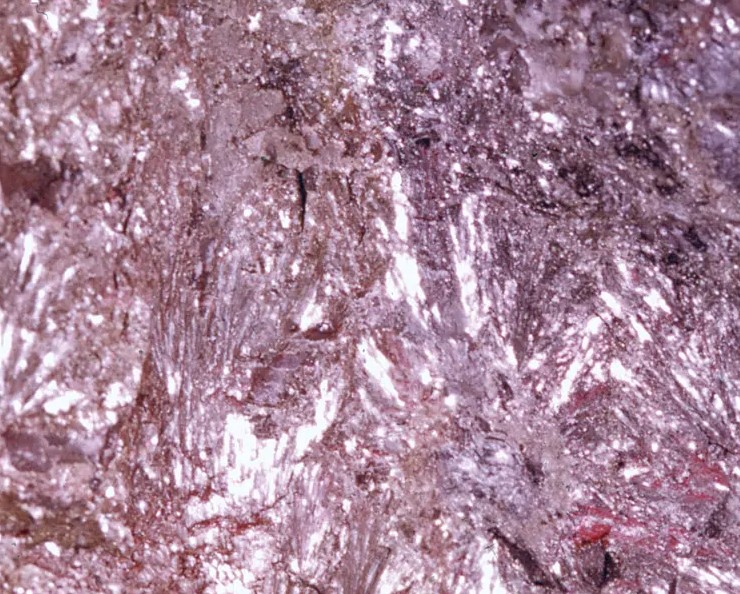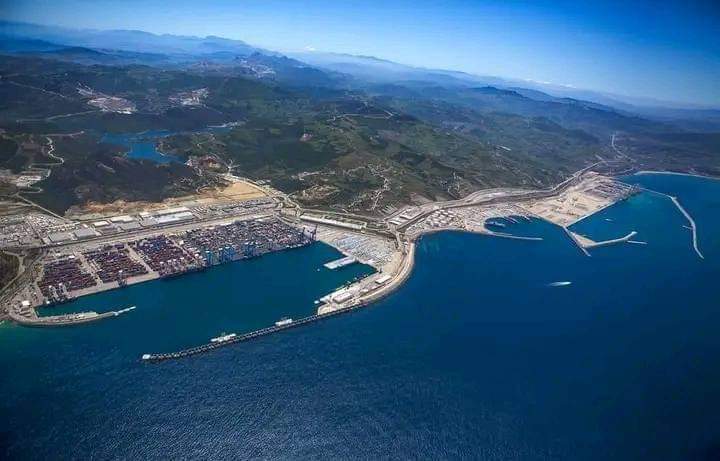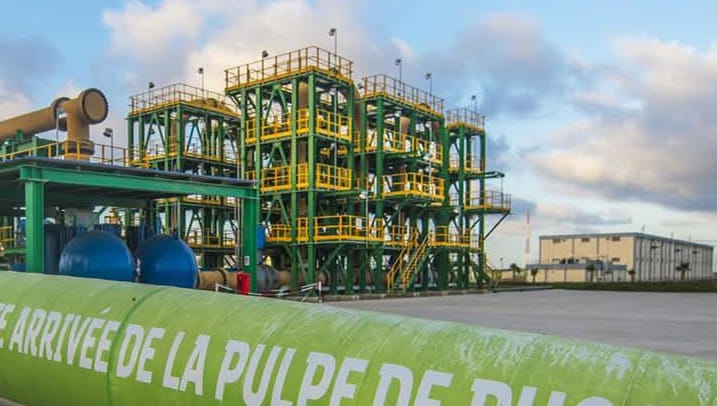Casablanca – British energy company Sound Energy Plc has signed an exclusive partnership with Morocco-based Gaia Energy Ltd to develop up to 270 megawatts (MW) of photovoltaic solar power across multiple sites in Morocco. This strategic agreement marks a significant step for both companies and supports Morocco’s long-term vision of transitioning toward a cleaner energy mix.
The two companies announced the signing of a letter of intent on June 17, outlining plans to form a joint venture that will design, build, and operate solar power plants in strategically selected areas. The solar installations will be located near medium-voltage (MV) substations to allow direct access to Morocco’s recently liberalized MV electricity grid. This grid reform allows private producers to supply power directly to consumers, opening new opportunities for investment in renewable energy infrastructure.
Focus on infrastructure and grid integration
The joint venture between Sound Energy and Gaia Energy is expected to roll out projects at ten or more sites across the country. Each location is being assessed based on proximity to substations, land availability, and solar radiation levels. Gaia Energy has already initiated feasibility studies that include detailed modeling of solar irradiation, analysis of land ownership, and evaluations of grid connection capacity.
Once the partnership is formalized, the joint entity will begin the regulatory procedures required to advance the projects. These steps include applying for grid connection rights, securing environmental and administrative approvals, and negotiating power purchase agreements (PPAs) with commercial or institutional off-takers.
The initiative takes advantage of Morocco’s solar energy potential, which remains largely underutilized. Despite receiving over 3,100 hours of sunshine per year—well above the levels in Spain (under 3,000 hours) and the United Kingdom (under 1,500 hours)—solar energy accounted for just 7% of the country’s installed electricity capacity in 2023.
A response to fossil fuel dependence
Morocco’s national energy mix remains heavily reliant on fossil fuels. As of 2023, over 90% of the country’s primary energy consumption was derived from coal, natural gas, and petroleum. Of the nation’s 11.5 gigawatts (GW) in installed electricity generation capacity, approximately 60% is still powered by fossil fuels.
The overreliance on imported energy has made the country vulnerable to external shocks and market fluctuations. In early 2025, Morocco experienced a rise in electricity imports from Europe through its interconnection with Spain, further underlining the urgency of expanding domestic renewable energy production.
In this context, the Sound Energy–Gaia partnership is both timely and strategically aligned with national policy. Morocco has set clear goals to increase the share of renewables in its energy mix and reduce its dependence on imports. Projects such as this are key to achieving those goals, especially given the availability of solar resources and the regulatory reforms facilitating private sector participation.
Strategic shift for sound energy
The deal represents a notable pivot for Sound Energy, which has been historically focused on natural gas and transitional fuels. The move into solar energy marks its first major step into the renewable sector in Morocco. However, the company is not abandoning its gas projects, including the ongoing development of the Tendrara field—one of Morocco’s largest onshore gas reserves, with an estimated 10.67 billion cubic meters of natural gas and a projected production capacity of up to 40 million cubic feet per day.
For Gaia Energy, the partnership with Sound Energy reinforces its role as a major renewable energy developer in emerging markets. Active in 15 countries and managing a portfolio of over 10,000 MW in various stages of development, Gaia brings both technical expertise and regional experience to the venture.
Supporting national development goals
Beyond the energy sector, this solar initiative aligns with Morocco’s broader infrastructure and development agenda. The country is preparing to host major international sporting events in the coming years, including the 2025 Africa Cup of Nations (AFCON) and the 2030 FIFA World Cup, which it will co-host with Spain and Portugal. These events will require expanded infrastructure and are expected to increase electricity demand in urban hubs like Casablanca, Rabat, Fez, and Tangier—making local renewable energy projects even more critical.
By locating the solar plants near key grid nodes and urban centers, the joint venture aims to serve growing demand while contributing to national climate and energy targets.
Looking ahead
The Sound Energy–Gaia Energy agreement is part of a broader momentum toward clean energy investment in Morocco. It reflects the combined interest of international investors and local developers in harnessing the country’s untapped renewable resources.
If successfully implemented, the project could serve as a model for future public-private partnerships and cross-border collaborations in the region. With its favorable solar conditions, evolving regulatory framework, and strategic location, Morocco is increasingly positioned as a renewable energy hub in North Africa.















